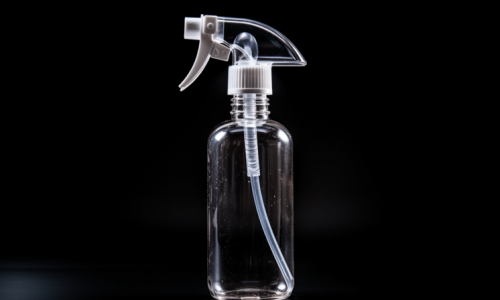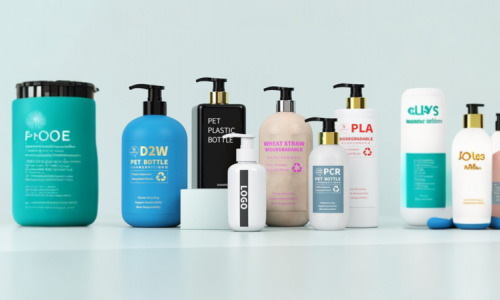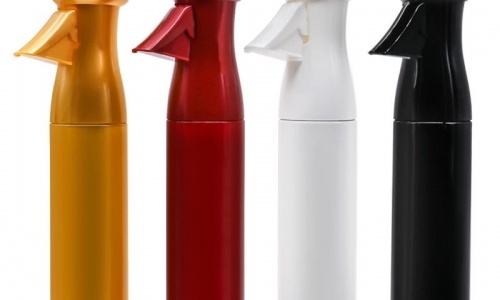In the world of packaging, PET plastic has gained significant prominence due to its diverse applications, recyclability, and low carbon footprint. This article delves into the intricacies of PET plastic, its various uses in beverage bottles and food packaging, the recycling process, and its positive environmental impact.
The Versatility Of Plastic Bottles
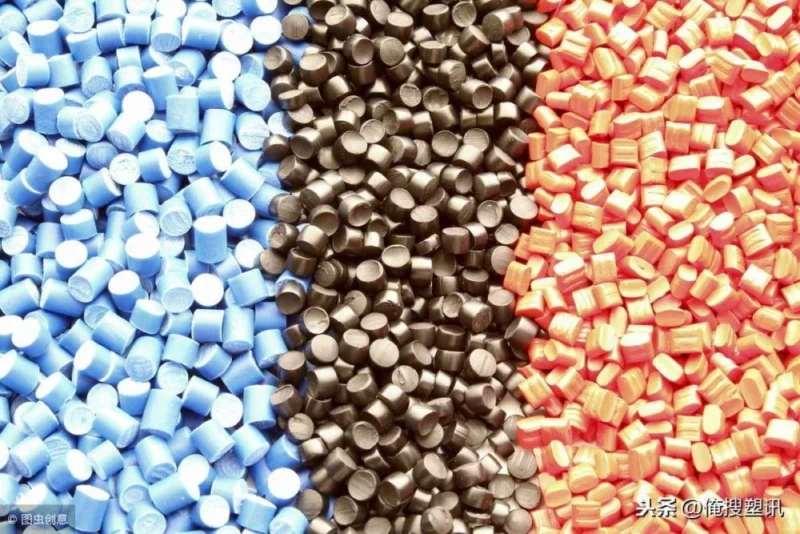
Polyethylene Terephthalate (PET) is a type of plastic widely used in producing beverage bottles, food packaging, and other consumer products. Its exceptional clarity, strength, and barrier properties make it ideal for preserving the quality and freshness of food and beverages.
Versatility In Beverage Bottles
PET plastic’s ability to withstand carbonation and provide a lightweight yet durable packaging solution has made it the go-to choice for carbonated soft drink manufacturers. Its resistance to breakage ensures product integrity, while its lighter weight reduces transportation costs and carbon emissions.
Applications In Food Packaging
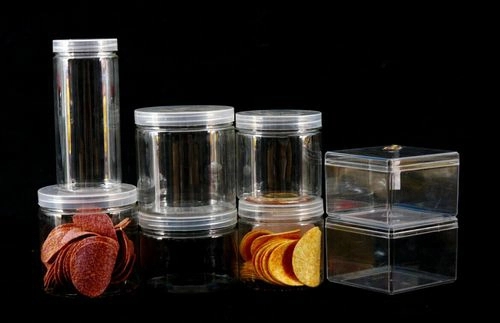
PET plastic, including containers, trays, and films, is also extensively used in food packaging. Its excellent oxygen and moisture barrier properties help extend the shelf life of perishable goods, keeping them fresh and safe for consumption. PET plastic is vital in maintaining food quality, from salads to ready-to-eat meals.
The Recycling Journey
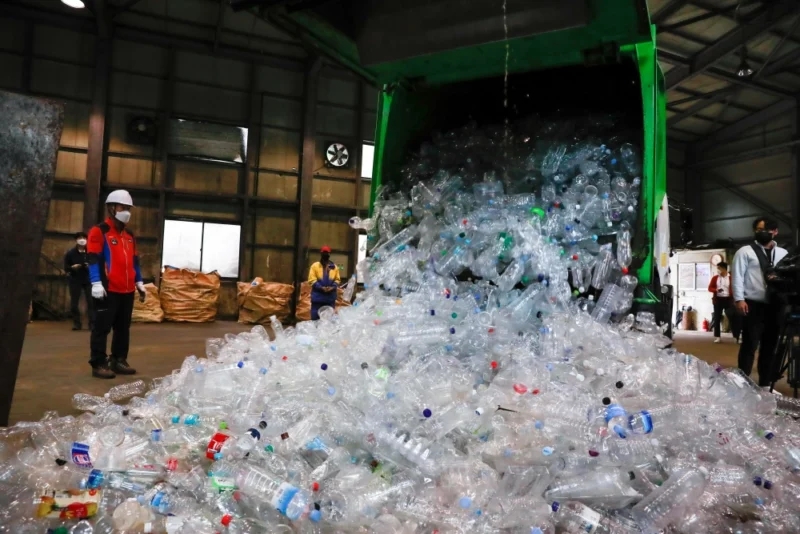
PET plastic’s recyclability is a crucial aspect of its environmental sustainability. Through the recycling process, used PET bottles and packaging can be transformed into new products, creating a closed-loop system. This significantly reduces waste and conserves resources, contributing to a circular economy.
Reduced Carbon Footprint
PET plastic’s production involves terephthalic acid and ethylene glycol, both derived from petroleum. However, the lightweight nature of PET bottles and their high recycling rates result in a lower overall carbon footprint compared to other packaging materials. Its positive environmental impact has made PET one of the most widely recycled plastics globally.
Responsible Use And Recycling Of Plastic
It’s important to note that while irresponsible disposal of plastic can harm the environment, recent strides have been made to promote responsible recycling and reduce plastic waste. Many companies have committed to using recycled plastic in their products, proving that plastic use can be environmentally friendly when managed appropriately.
PET plastic’s versatility, recyclability, and low carbon footprint make it an indispensable material in the packaging industry. From beverage bottles to food packaging, PET offers numerous benefits regarding product preservation, transportation efficiency, and environmental sustainability.
By embracing the recyclability of PET plastic and supporting closed-loop systems, we can contribute to a more sustainable future. Understanding the value and versatility of PET plastic empowers us to make informed choices that balance functionality, efficiency, and environmental consciousness in packaging solutions.
Afshan’s products are all in line with environmental protection requirements. We have ISO14001:2015 management system certification. We provide various bottle packaging made of environmentally friendly PET, HDPE, PP, and glass. You can go to Afshan’s product center to learn more.



